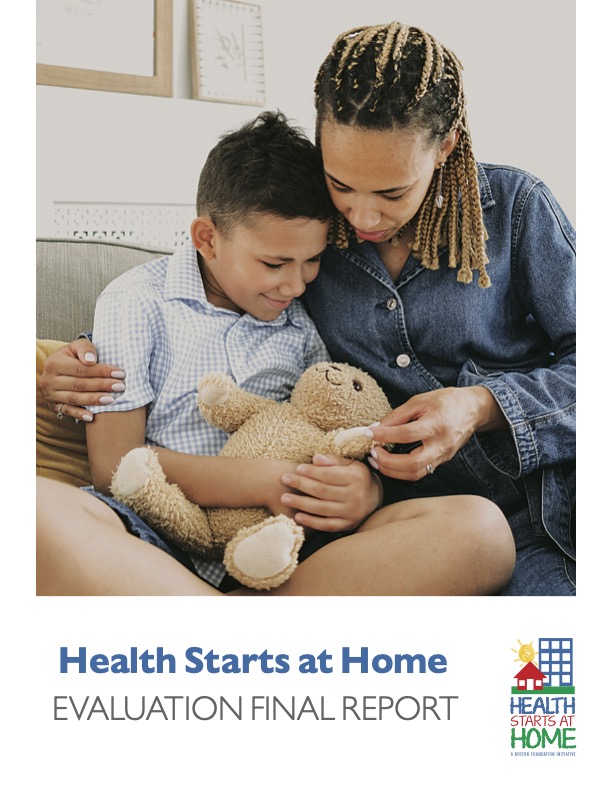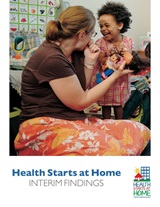- Do focus groups before you begin.
- Get leadership involved early.
- Understand that integrating services is hard work, with a system only as strong as its services themselves.
- Keep in view that poverty and racism are traumas that can affect families and individuals every day.
After the reflections from the Health Starts at Home organizations, Boston Foundation Director of Neighborhoods & Housing Soni Gupta led a conversation among leaders in health and social services who are eager to advance the work. They shared what resonated with them from the report and discussion, and again concordance prevailed. Cooperation and coordination between various agencies and institutions are the way forward. Leslie Aldrich, Executive Director, Center for Community Health at Massachusetts General Hospital, looked back on changes in the last 10 years and how in that time the notion of “social determinants of health” has become widely accepted and that has helped break down some territorial walls: “No one organization can be the hero in this.”
“Health Starts at Home did not set out to prove housing stability is better than homelessness, but to understand what partnerships and practices can help get us there.” - Elizabeth Pauley
Dr. Snehal Shah, Pediatrics Specialist at Boston Children’s Hospital (among other roles), agreed, noting that health-care organizations have to tackle their mission of patient care through work in all domains: with families and individuals in clinical settings; in community space; and in policy and advocacy. Gloria Meneses, Director of Compliance with the Boston Housing Authority, added the need to educate lawmakers and expand the scope of factors that can holistically impact health, such as transit, child care and insurance.
And all agreed, as Aldrich put it, “We need to realize that racism is a public health issue. We need to look at systems in our own institutions and lives…. that means listening and learning. If you’re an anchor institution, look at how you hire, how you purchase and invest in the community.”
Gupta closed the event, acknowledging that the audience held former Boston Foundation staffers who had been integral to the launch of Health Starts at Home, among so many other interested parties, which adds to the strength of the pilot and its assessment data: “We know housing is a human right. We aren’t there yet, but with this work we are all rowing in the same direction.”



